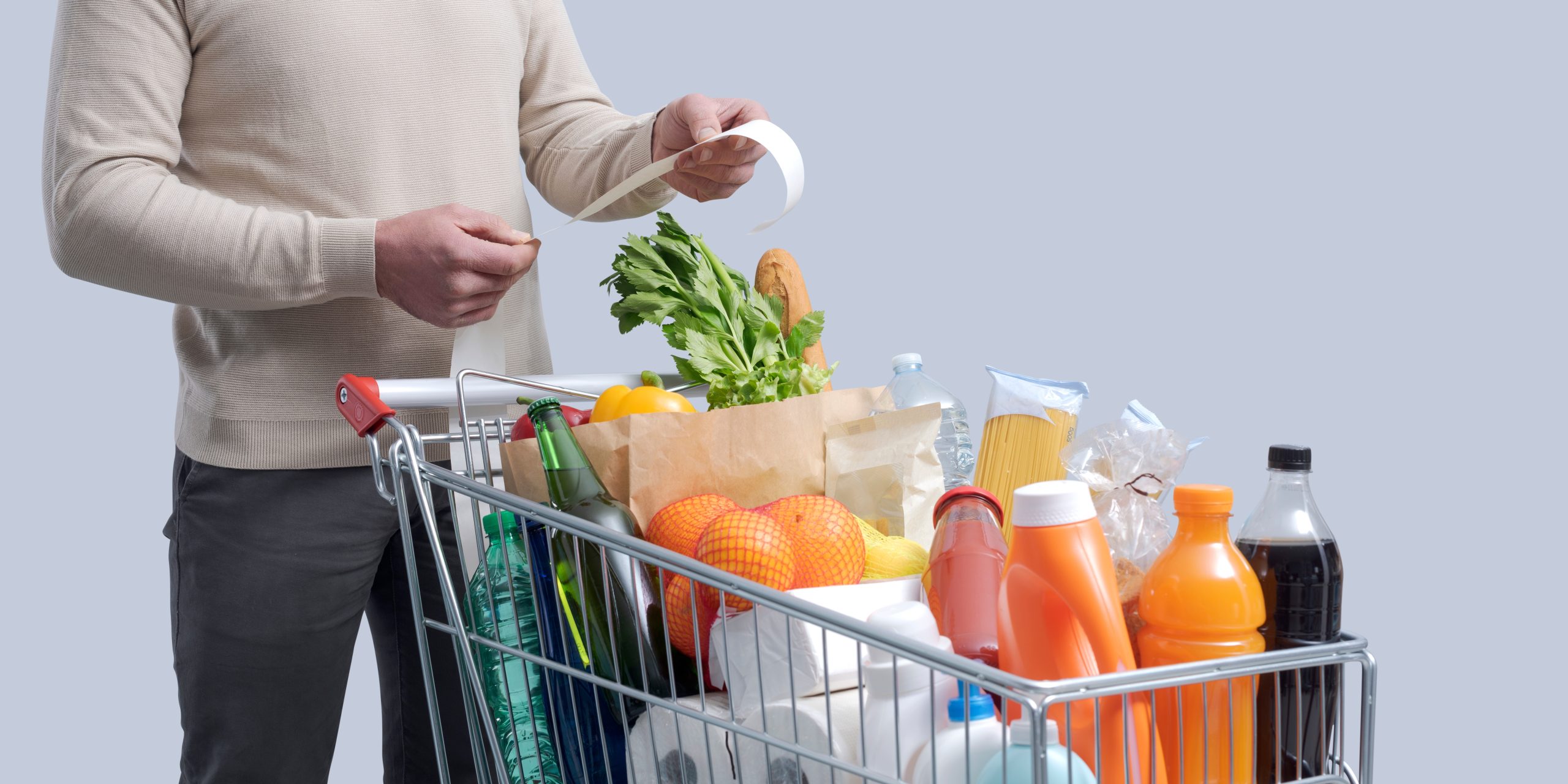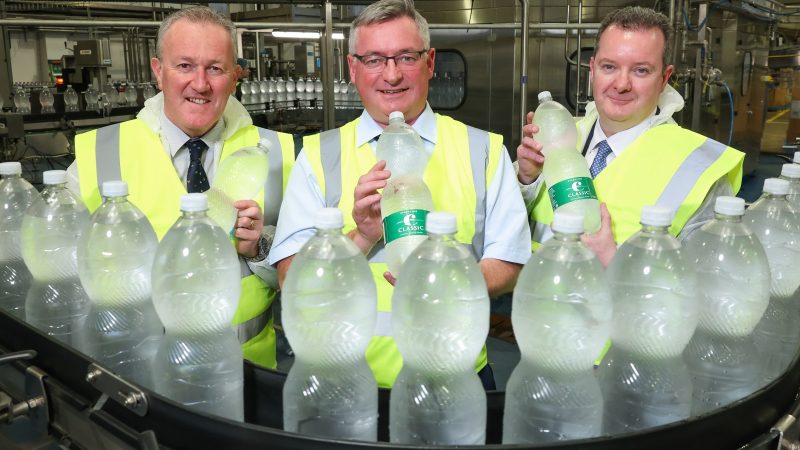Inflation rate falls further with downward effects from bread and cereals

Food price inflation saw further falls over the year, with tobacco prices and petrol prices playing their part.
According to the latest inflation data for April from the Office for National Statistics, there was another large fall in annual inflation led by lower electricity and gas prices. The Consumer Prices Index (CPI) rose by 2.3% in the 12 months to April 2024, down from 3.2% in the 12 months to March.
“The prices of goods leaving factories have risen a little over the last year,” said ONS Chief Economist Grant Fitzner.
“Meanwhile, the prices of raw materials and fuels grew in the last month, though they remain below where they were a year ago.”
Large downward effects came from food and non-alcoholic beverages, where prices overall rose by 0.3% between March and April 2024, compared with a monthly rise of 1.4% a year ago. Prices have been relatively high but stable since early summer 2023, rising by around 2% between May 2023 and April 2024. This compares with a sharp rise of around 22% seen between March 2022 and May 2023.
The main downward effects came from a combination of bread and cereals, meat, dairy products, vegetables and soft drinks. Overall, downward effects came from eight of the 11 food and non-alcoholic beverages classes, the exceptions being oils and fats, fish and hot beverages.

There were also large downward effects from alcoholic beverages and tobacco, where prices overall were little changed between March and April 2024, compared with a rise of 3.6% a year ago.
The main downward contribution came from tobacco, where prices rose by 0.8% in the month to April 2024, compared with a larger rise of 6.9% in April 2023. The rise in April 2023 was influenced by an increase in tobacco duty, while there was no rise in duty in April 2024.
Responding to the latest CPI inflation figures, Kris Hamer, Director of Insight at the British Retail Consortium said that retailers are playing a key part in bringing inflation down, but added it was vital that government policy supports this also.
“Retail plays a key role in every part of the country, from the smallest village to the largest city, employing millions of people and serving millions more,” said Kris Hamer.
“As the cost burden of new policies rise – from business rates to packaging taxes – this affects not just the businesses, but the customers too. With an election looming, it is vital that parties outline their support for customers and retailers through the upcoming manifesto.”







